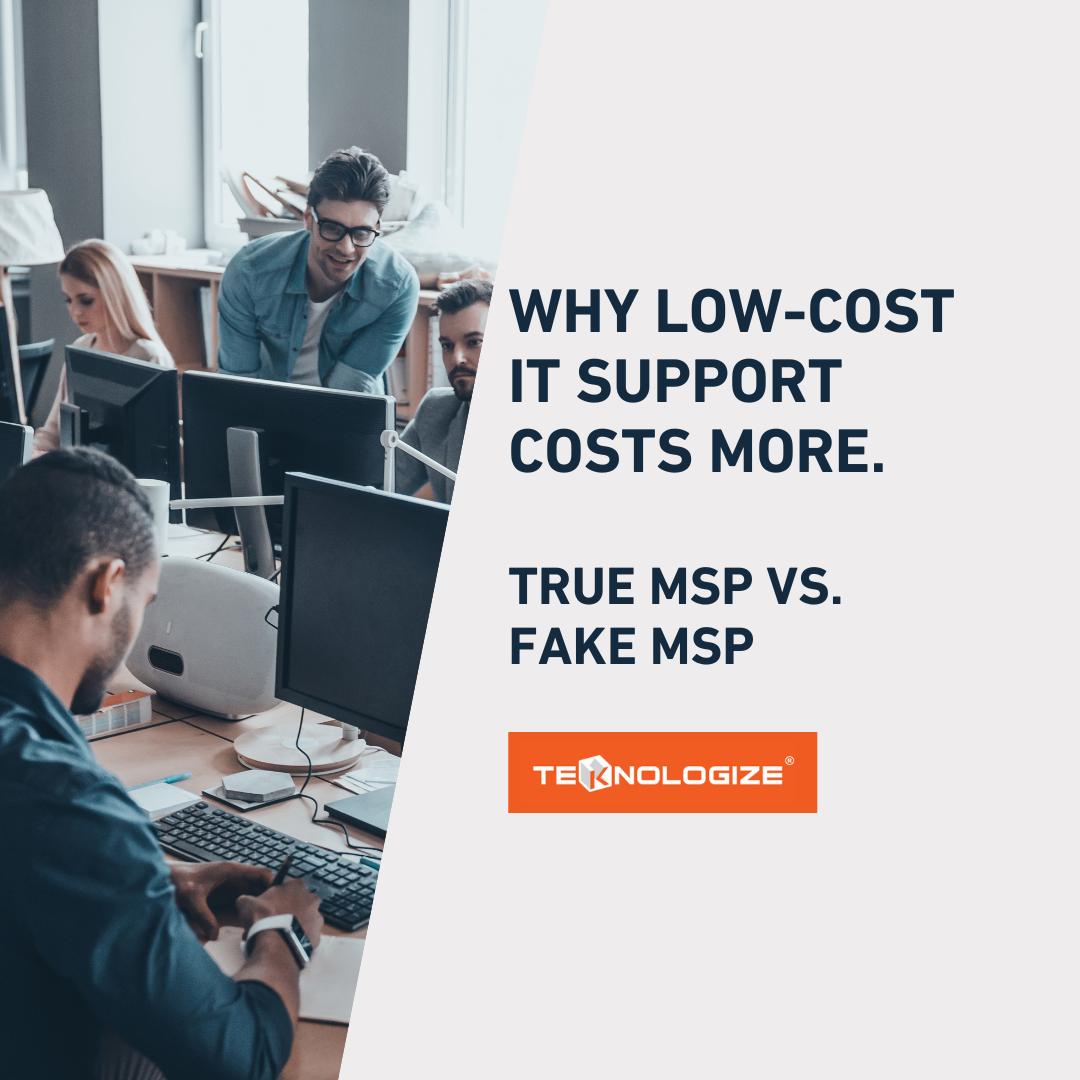Endpoint Detection and Response (EDR): Enabling Secure Growth for Small Businesses
Cybercriminals don’t go after businesses because they’re big.They go after businesses because they’re accessible. According to the IBM Cost of a...
2 min read
 Byron Martin
:
Mar 17, 2025
Byron Martin
:
Mar 17, 2025

Recently, the FBI issued a fresh warning about "smishing" scams involving fake toll-road notifications sent via text messages. Scammers are targeting drivers across multiple states, attempting to trick recipients into clicking malicious links and providing personal or payment information.
These fraudulent texts impersonate legitimate toll services specific to your state. For instance, if you're in California, scammers may pretend to be FastTrak; in New York and other states using E-Z Pass, the texts appear to originate from that service. In Washington state, they’re impersonating WSDOT Good To Go.
Scammers often send these messages widely, hoping to trick recipients regardless of whether they've ever driven in the state mentioned. Do not click any links or share personal information with these unsolicited messages.

Smishing—short for SMS phishing—is a cyberattack involving deceptive text messages designed to trick recipients into sharing sensitive personal information, payment details or clicking malicious links.
How the Toll Scam Works

The FBI warns a threat moving across America “from state to state" targets citizens via malicious SMS (smishing) texts, telling iPhone, Android users to file a complaint with the IC3, and to delete any smishing texts received. And if you clicked any link or provided your information to take efforts to secure your personal information and financial accounts.
How to Protect Yourself and Your Business
Follow these essential tips to stay safe:
1. Verify the Source
Be skeptical of unsolicited text messages, especially ones demanding immediate payment.
Independently verify any outstanding tolls or fees directly through official websites or customer service phone numbers, not through links or numbers provided in text messages.
2. Never Click Unfamiliar Links
3. Never Share Sensitive Information via Text
4. Report Suspicious Messages
Report smishing attempts to local law enforcement and file complaints through the FBI’s Internet Crime Complaint Center (IC3).
5. Educate Your Team
Cybercriminals continuously evolve their methods, using timely, believable scams to trick people into making mistakes. Awareness is your best protection.
Stay informed, stay cautious, and always verify before you click.
![]() Teknologize is a SOC 2 Type II accredited Managed IT and Cybersecurity provider serving small to mid-sized businesses across Washington and Oregon. We deliver full-service Managed IT Support, Co-Managed IT Support, advanced Cybersecurity Solutions, and IT Compliance Services for regulated industries, including Healthcare, Financial Institutions, the Utilities Sector, Manufacturing, and Professional Services.
Teknologize is a SOC 2 Type II accredited Managed IT and Cybersecurity provider serving small to mid-sized businesses across Washington and Oregon. We deliver full-service Managed IT Support, Co-Managed IT Support, advanced Cybersecurity Solutions, and IT Compliance Services for regulated industries, including Healthcare, Financial Institutions, the Utilities Sector, Manufacturing, and Professional Services.
👉 Book a Discovery Call to see how Teknologize can support your business.
Our Offices
Tri-Cities, Washington – 509.396.6640 | Yakima, Washington – 509.396.6640
Bend, Oregon – 541.848.6072 | Seattle, Washington – 206.743.0981
Questions about your IT or Cybersecurity? Give us a call today!
%20Enabling%20Secure%20Growth%20for%20Small%20Businesses.png)
Cybercriminals don’t go after businesses because they’re big.They go after businesses because they’re accessible. According to the IBM Cost of a...

IT Support Companies Can All Sound the Same, Until You Know What to Look For Business owners all want the same thing from their IT: reliability,...

Many SMBs don’t actually have an IT budget; they have a list of last year’s expenses. Everything goes into one bucket, and next year’s “budget” is...